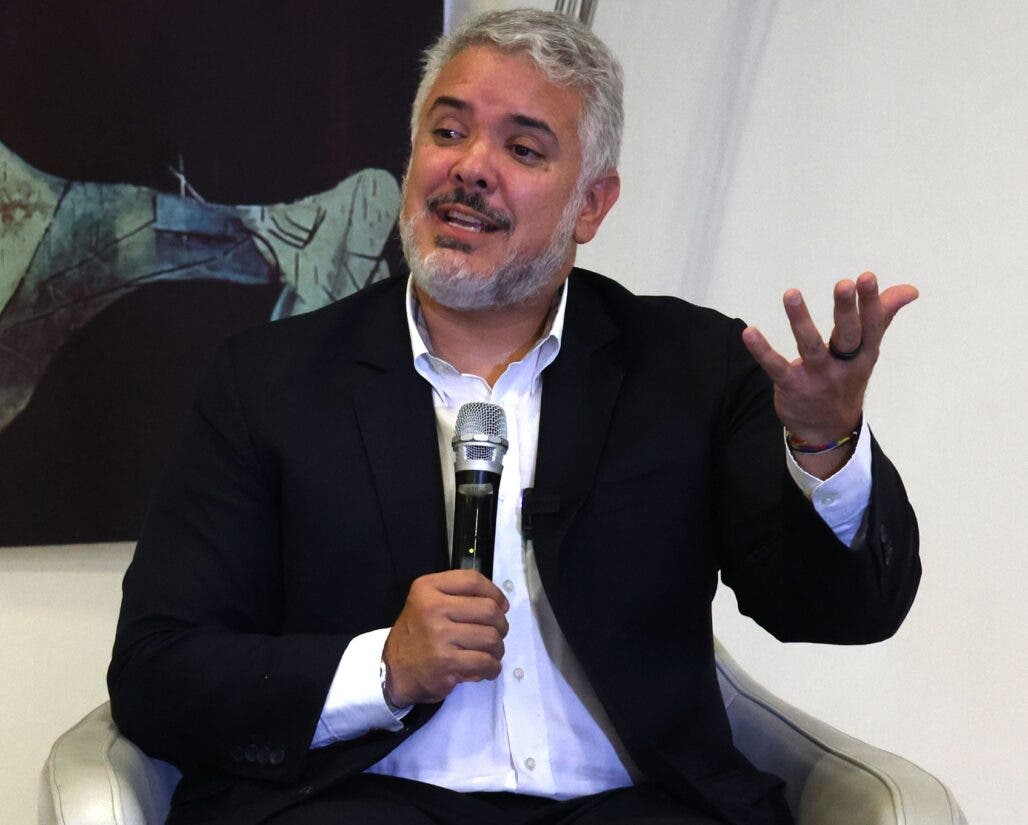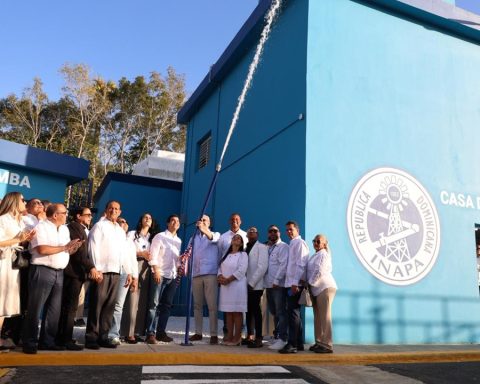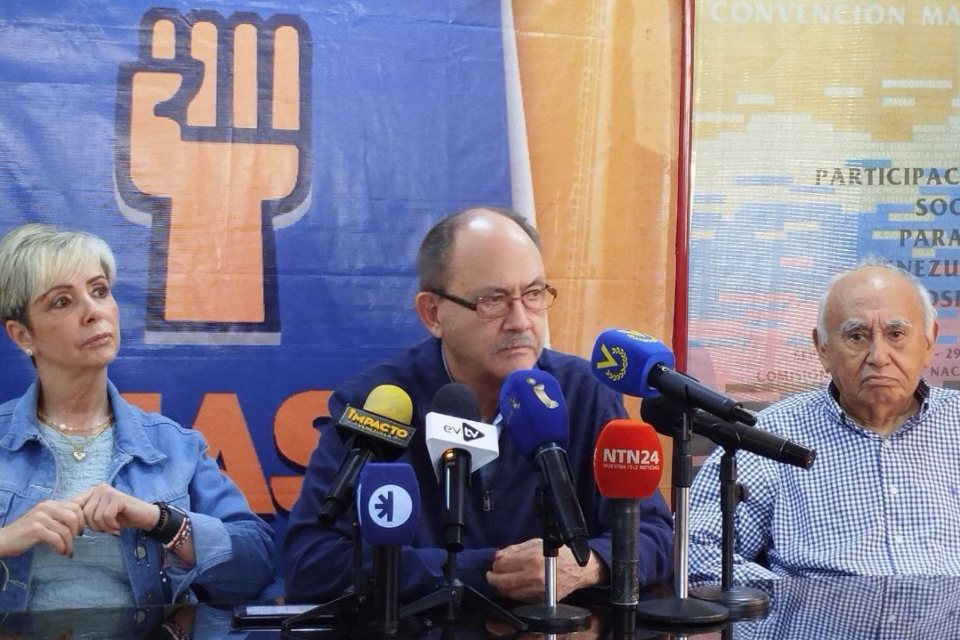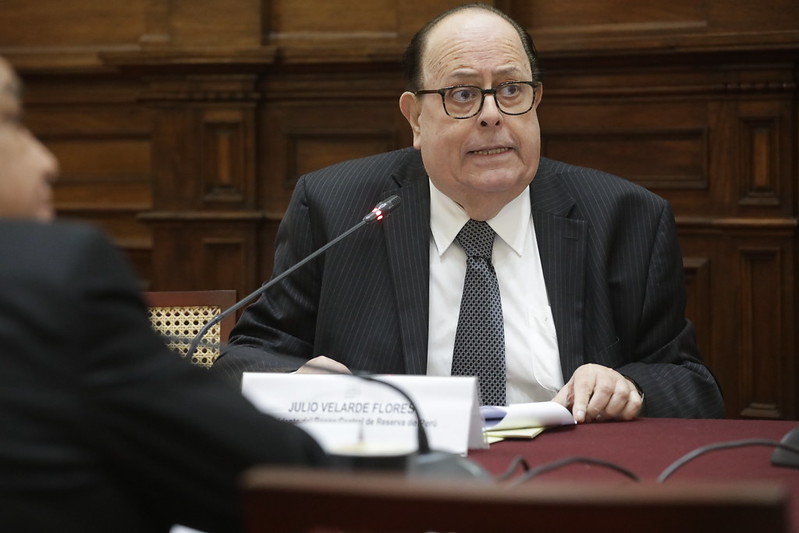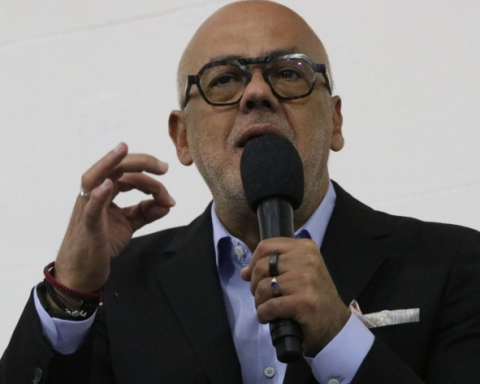HOLY SUNDAY.-The former president of Colombia Iván Duque considers that the international community is hypocritical in relation to Haiti and regretted the lack of real support in solving that nation’s structural problems.
In response to a journalist’s question, Duque considered it alarming that the Dominican Republic is expected to assume responsibility for solving Haiti’s problems.
“It seems to me that there is a lot of hypocrisy in the international community when they try to sell the idea that Haiti’s problems have to be solved by the Dominican people.
That is a serious mistake. The responsibility of solving Haiti’s problems cannot be placed on the Dominican Republic,” he said.
Haiti complex case
He indicated that Haiti’s problems go beyond what the Dominican Republic can assume, and that they require serious and sustained international intervention.
“It is necessary to recover security, long-term investment, rebuild the social fabric and improve fundamental areas such as health and education.” He stated that for years the international community has preached a lot, but has done little in effective terms to transform conditions in Haiti.
Contribution to immigrants
The former Colombian president also highlighted the country’s sacrifice in absorbing a large number of Haitian immigrants into its territory, estimating that close to 10% of the Dominican population is made up of Haitian citizens.
“There is no longer any way in which the Dominican Republic can continue absorbing that pressure, because it is simply beginning to structurally affect this country,” he stated.
The solution, he said, is not to ask the Dominican Republic to do more, but for the international community to move “from discourse to resource” and contribute to solving the structural problems that Haiti has been facing for decades.

Duque will speak about the orange economy in the country.
Tax reform
When referring to the topic of tax reform, Duque reflected on his own experience as president of Colombia, clarifying that tax reforms are fundamental for the development of countries, but they are not exempt from opposition.
“Tax reforms always have enemies, because they take many people out of their comfort zone,” said the former president, highlighting that these reforms are necessary to guarantee the well-being of the State and improve services such as education, health and security.
Duque made reference to the tax reform that he implemented in Colombia, which allowed, in his words, notable economic growth.
“The reform we carried out in Colombia raised 1.8% of GDP, and thanks to that, in 2021 we grew at 10.7%, the highest growth rate in our history.”
Renovation conditions
Duque believes that a well-structured tax reform can be an engine of growth, as long as it is accompanied by policies that benefit the most vulnerable sectors.
In his statements, he also pointed out that the tax rate in the Dominican Republic is below the level necessary to sustain economic and social development.
“The effective tax rate in the Dominican Republic is around 15%, and it should be much more than that. In Colombia we go up to 20%, and it should be a little more than that. According to Duque, the tax debate should focus on equity and transparency.
Attack on Venezuela
— Posture
In the opinion of Iván Duque, Venezuela has been a key enclave for drug trafficking in the region and he praised the firm stance that the Dominican Republic has maintained against the Nicolás Maduro regime in that country.
Duque praises security efforts
Militia. The former president of Colombia, Iván Duque, highlighted the joint efforts that his government carried out with the Dominican Republic in the fight against drug trafficking.
“During my government I worked hand in hand with the Dominican authorities and I saw, for example, in President Abinader, a president committed to security,” he expressed.
He also highlighted the importance of the police reform that is being implemented in the Dominican Republic, highlighting that several Colombian generals have participated in strengthening the capabilities of the Dominican Police.
“It seems vital to me to improve all issues related to career, remuneration, training, and rights protection standards.”
